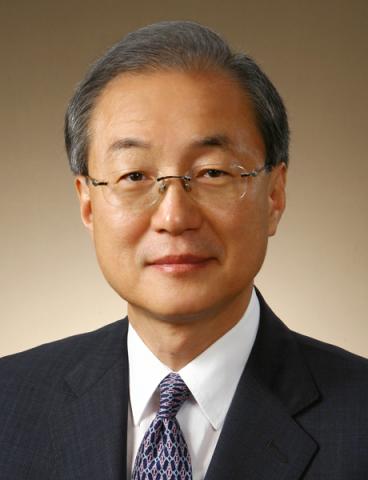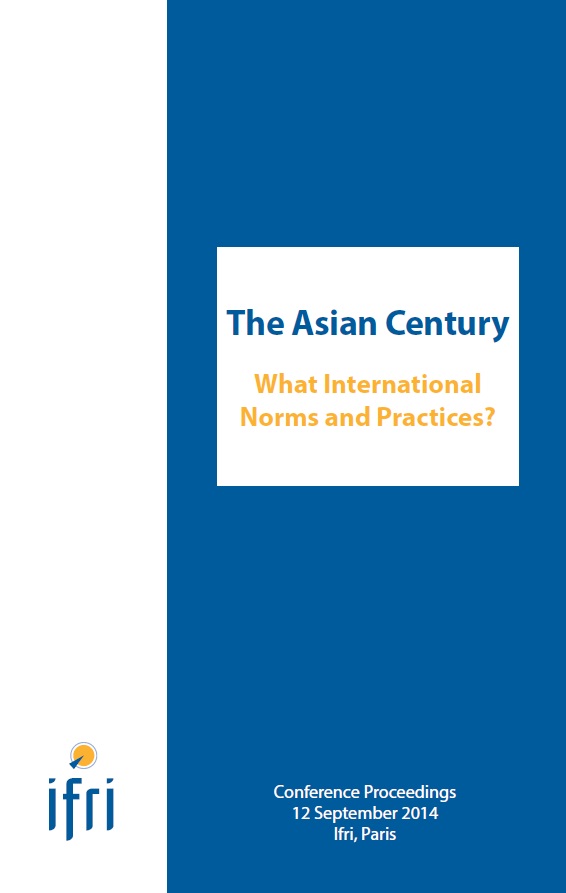
Practical information
Themes and regions
Related centers and programs
This is a private event.
Learn more about our corporate support packagesThe Ifri Center for Asian Studies is pleased to host a closed-door discussion with Taeho Bark, Professor at Seoul National University and former Minister of Commerce in South Korea (2011-2013), on the issues at stake in joining (or not) the Trans-Pacific Partnership Agreement (TPP).
Signed on 4 February 2016, the TPP has already begun shifting the calculus of trade policy in the Asia-Pacific, as well as globally. Yet we are only at the beginning of this process, and much will depend on the willingness of non-signatories such as Korea, Indonesia, Taiwan or even China to join the TPP, or at least to adapt their trade strategies accordingly. With his long experience informing and formulating Korean trade policy, Professor Bark will provide an analysis of the pros and cons of joining the TPP from a Korean perspective.
Discussion chaired by Françoise Nicolas, Director, Center for Asian Studies, Ifri
Speakers
Find out more

The Asian Century: What International Norms and Practices? Conference Proceedings, 12 September 2014
Asia is now a nerve center for global economic activity and a theatre of some of the most pressing security concerns of our time. So important has Asia become to global affairs today, and ostensibly for the decades to come, that many have already dubbed the 21st Century as the “Asian Century”.
Related Subjects
Other events

From Ambition to Action: Exploring Technological Partnerships with India
The 16th EU-India Summit, held on January 27th in New Delhi with European leaders António Costa, Ursula von der Leyen, and Prime Minister Narendra Modi, marks a significant milestone in deepening EU-India relations. At the same time, official bilateral visits from EU member states are on the rise, including that of the French President, who visited India in February to participate in the Artificial Intelligence Summit. As India asserts its technological ambitions and seeks to reduce its dependence on China, Europe is stepping up its efforts to diversify its strategic partnerships.

The Enlargement of the European Union: A Strategic Choice? France, the Western Balkans and the EU in an Uncertain Geopolitical Context
Russia’s war against Ukraine has brought the enlargement of the European Union back to the centre of European strategic debates. In this context, the Western Balkans have regained heightened visibility in discussions on the continent’s security, at a time when the international environment is marked by a growing number of destabilising factors.






